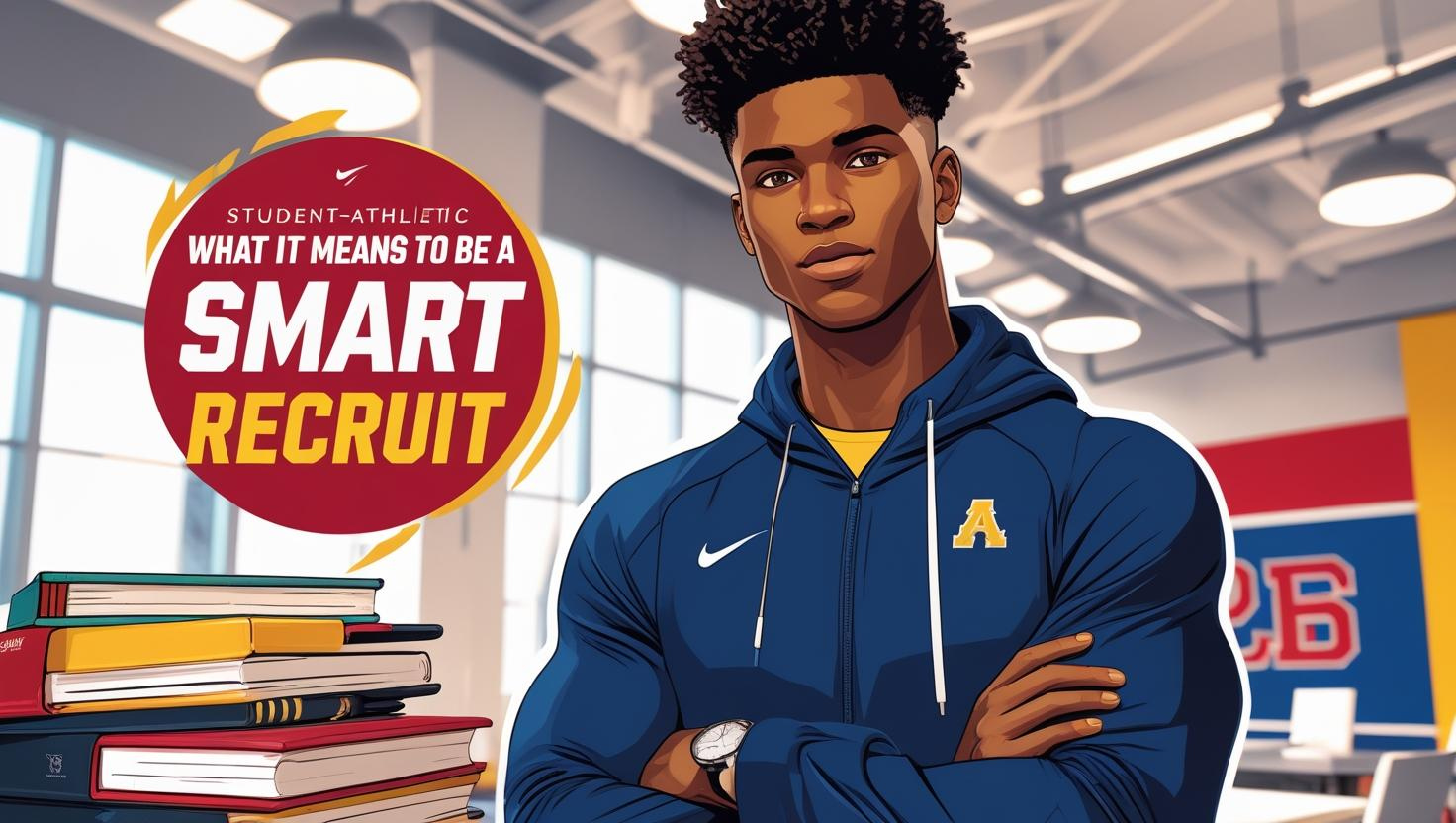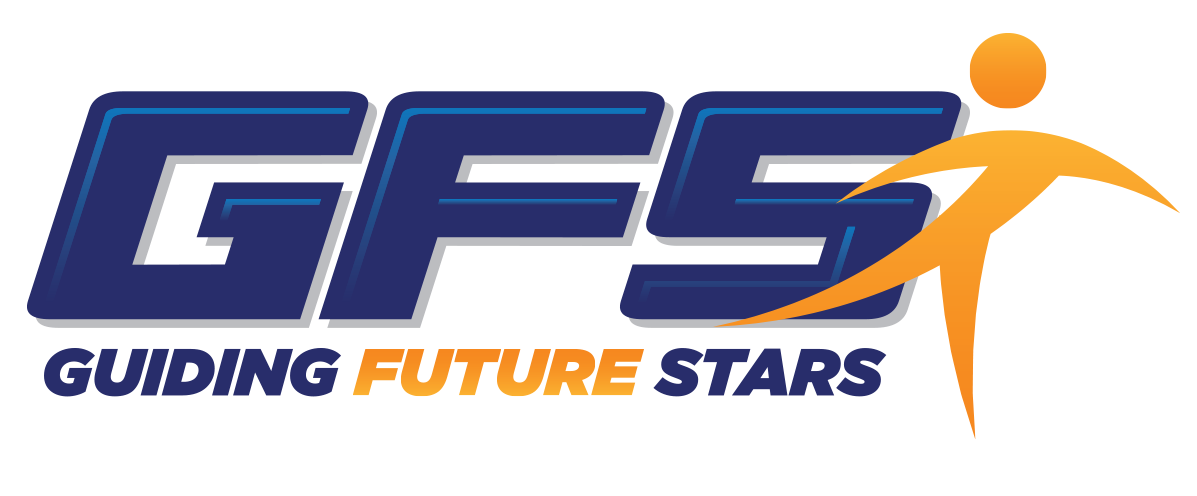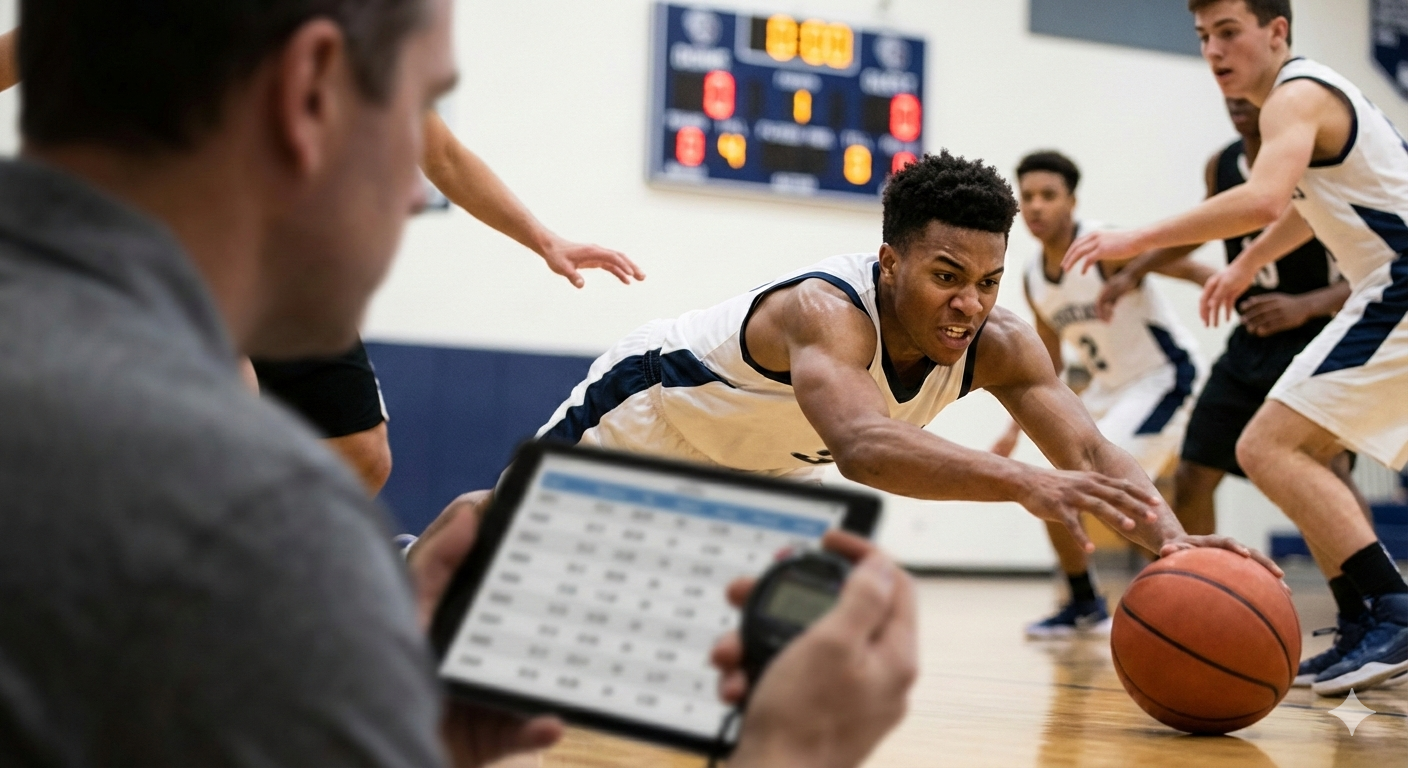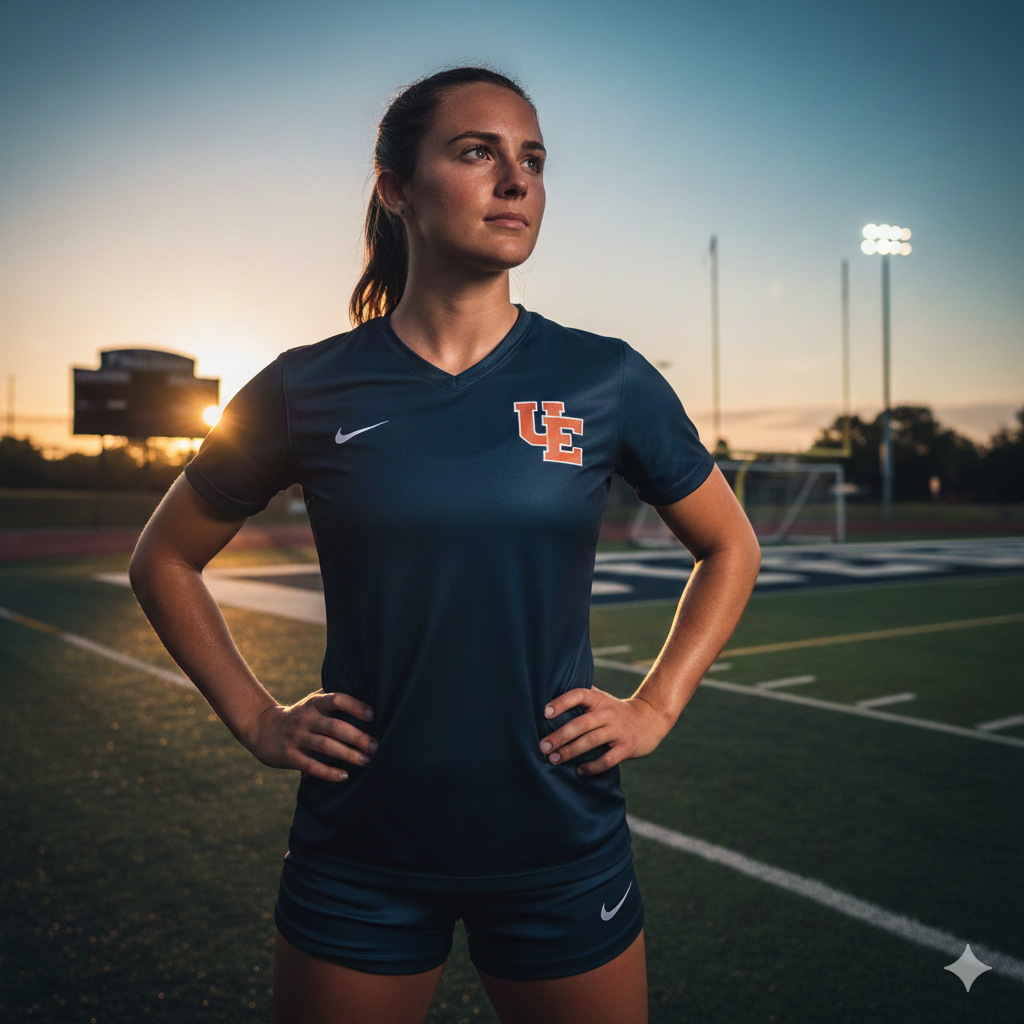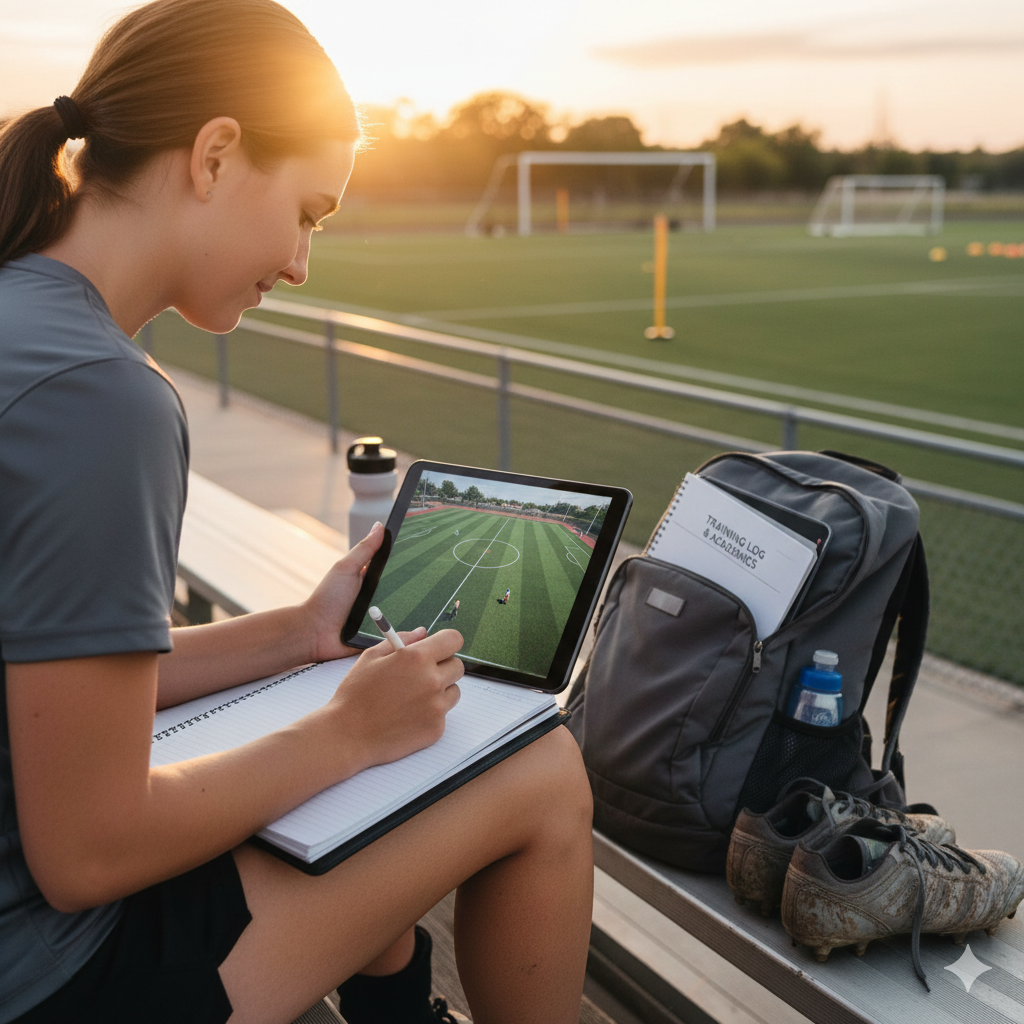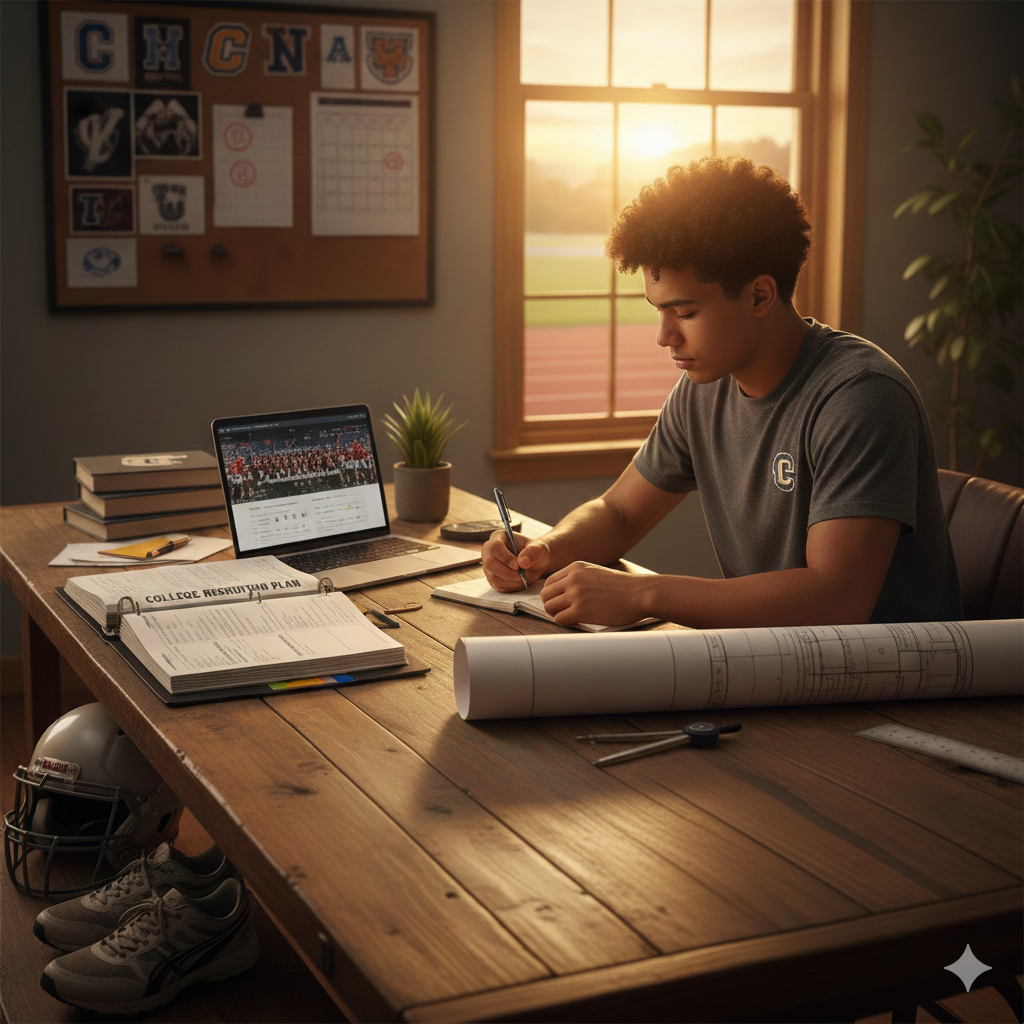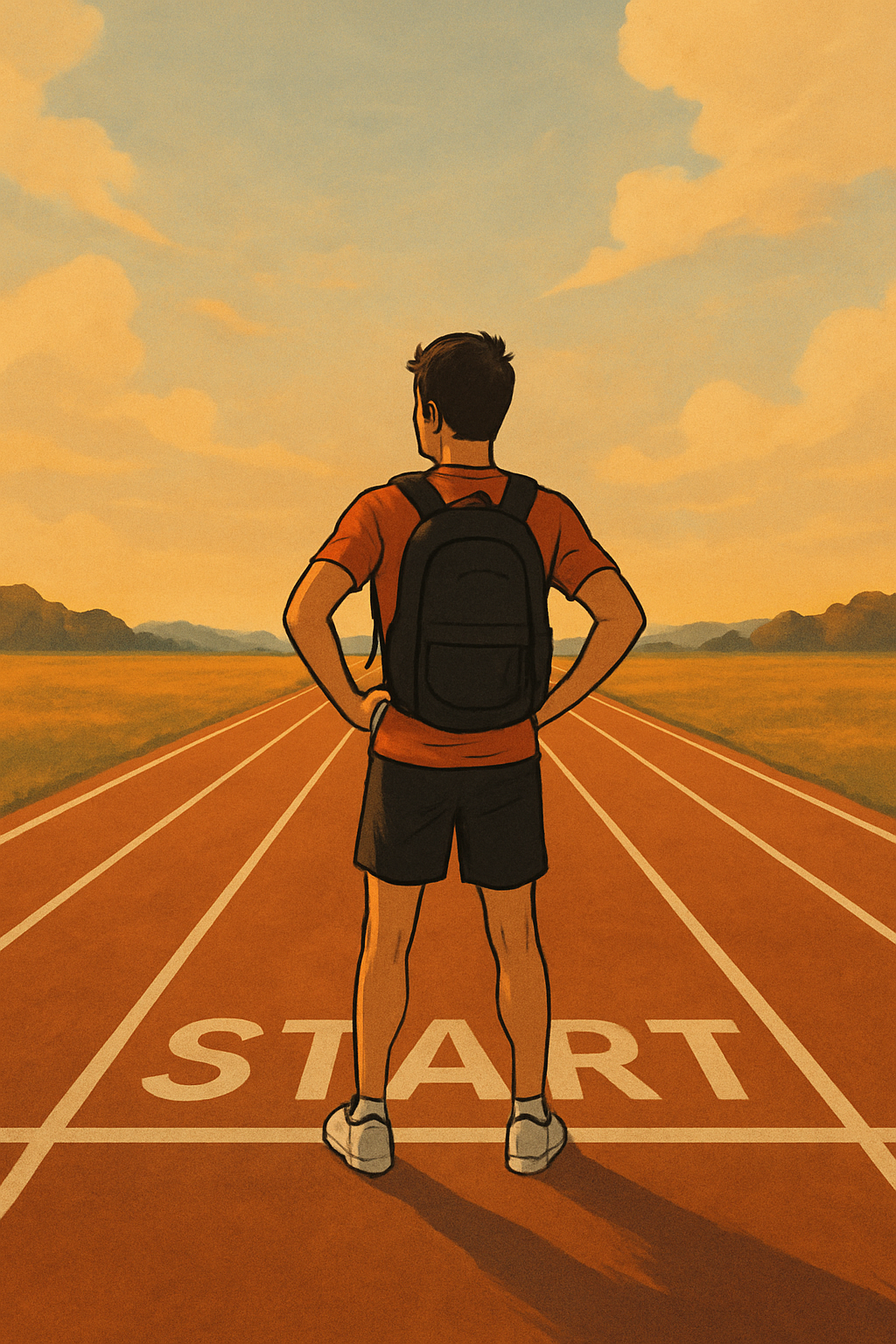Assembling a Powerful Recruiting Team
Start building your powerful recruiting team!
Embarking on the journey to play collegiate sports is a thrilling odyssey that requires meticulous planning, unwavering commitment, and a strategic approach. High school student-athletes, fueled by their passion for sports and aspirations of competing at the collegiate level, find themselves navigating a complex landscape of opportunities and challenges. In this article, we unravel the intricacies of this journey by shedding light on the pivotal concept of assembling a powerful recruiting team.
The recruitment process is not a solitary endeavor; rather, it is a collaborative venture that involves a diverse cast of key players, each contributing their unique skills and expertise. The journey from high school athletics to collegiate competition is more than a series of trials and tests—it's a transformative experience that shapes not only athletic prowess but also character and resilience.
"Success in collegiate sports is not a solo endeavor; it's a symphony of effort orchestrated by a powerful recruiting team. Together, we navigate the path to triumph, where each member contributes to the harmony of achievement."
The process begins with the central figures—the student-athletes themselves. Their dreams and ambitions are the driving force behind this expedition. However, recognizing the need for guidance, mentorship, and support, empowered parents step into crucial roles, providing the foundation upon which the student-athlete can build their collegiate aspirations.
As we delve into the multifaceted roles within the recruiting team, envision the assembly of a group of individuals committed to fostering success. This is not just about securing a spot on a college team; it's about instilling qualities of leadership, discipline, and determination that will serve student-athletes well beyond the sports arena. The journey is challenging, but with a powerful recruiting team in place, it becomes an expedition toward personal and athletic triumph. Let's navigate this transformative process together, understanding the significance of each team member's role in propelling student-athletes toward collegiate success.
Student-Athlete
- Ownership: It's vital for the student-athlete to take ownership of their recruitment journey. This includes maintaining academic eligibility, honing athletic skills, and actively participating in the process.
- Communication: Student-athletes should communicate their goals and preferences to the team, ensuring everyone is on the same page.
Empowering Parents
- Open Communication Channels:
- Encouraging open and transparent communication between parents and student-athletes.
- Actively listening to the aspirations, concerns, and questions of the student-athlete throughout the recruiting process.
- Educational Support:
- Providing guidance on the academic requirements and eligibility criteria for collegiate sports.
- Collaborating with counselors to ensure the student-athlete is on track academically and meeting necessary standards.
- Financial Planning:
- Assisting in understanding the financial aspects of collegiate sports, including potential scholarships, grants, and associated costs.
- Exploring financial aid options and helping the student-athlete make informed decisions about their academic and athletic future.
- Research and Exploration:
- Actively participating in researching colleges and athletic programs to find the best fit for the student-athlete's academic and athletic goals.
- Joining college visits and discussions with coaches to gain firsthand knowledge of potential institutions.
- Advocacy and Networking:
- Serving as advocates for the student-athlete, communicating with coaches, and expressing support for their endeavors.
- Networking within the sports community to connect with other parents, coaches, and individuals who can provide insights and guidance.
- Balancing Expectations:
- Helping the student-athlete manage expectations by providing realistic perspectives on the recruitment process.
- Fostering a healthy balance between academic pursuits and athletic aspirations, ensuring the overall well-being of the student-athlete.
- Empowering Decision-Making:
- Encouraging the student-athlete to take ownership of their decisions and fostering independence.
- Providing guidance without imposing decisions, allowing the student-athlete to make informed choices about their future.
- Mental and Emotional Support:
- Recognizing the emotional challenges that come with the recruitment process and offering a supportive environment.
- Being a source of encouragement during both successes and setbacks, reinforcing resilience and a positive mindset.
- Time Management:
- Collaborating with the student-athlete to manage time effectively, balancing academic responsibilities, training, and the recruitment process.
- Creating a schedule that allows for optimal performance in both academics and athletics.
- Celebrating Achievements:
- Celebrating milestones and achievements, whether they are on the field or in the classroom.
- Recognizing the hard work and dedication of the student-athlete, reinforcing a positive and motivating environment.
DOWNLOAD OUR STUDENT-PARENT RECRUITING AGREEMENT
Coaches:
- Improvement: Coaches play a pivotal role in helping student-athletes improve their skills. They provide training, guidance, and mentorship to enhance performance.
- Realistic Feedback: Honest and realistic feedback from coaches is crucial. It helps student-athletes understand their strengths, areas for improvement, and potential college-level opportunities.
Counselors:
- Academic Guidance: Counselors assist student-athletes in navigating academic requirements for college eligibility. They help create academic plans and ensure student-athletes meet eligibility criteria.
- Communication with Coaches: Counselors can facilitate communication between academic institutions and coaches, ensuring a seamless process.
HS Student-Athletes make sure you meet with your counselors to let them know your aspirations of playing in college.
Performance and Recruiting Coaches:
- Guidance: Specialized performance and recruiting coaches provide targeted guidance. They help student-athletes showcase their skills effectively, create highlight reels, and navigate the recruitment landscape.
- Connections: Recruiting coaches often have networks within the college sports community. They can connect student-athletes with potential coaches and programs.
Building a strong recruiting team for high school student-athletes involves collaboration and coordination among student-athletes, parents, coaches, counselors, and specialized recruiting coaches. This collective effort maximizes the chances of finding the right college fit for aspiring athletes.
